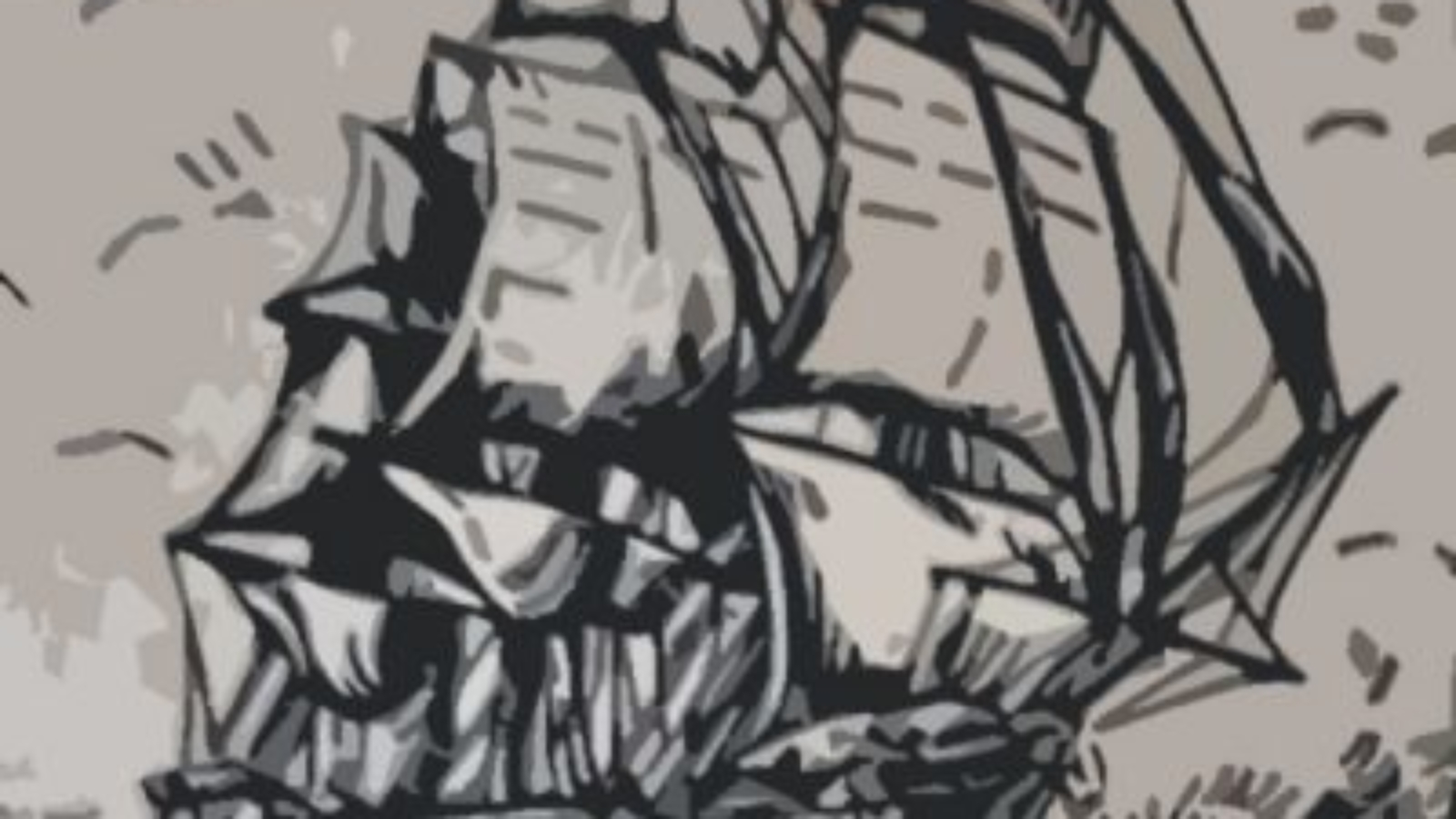Breslau. Century 19 – 1879 to 1943
When I completed eight years my father traveled to Brazil. We lived in Breslau near my maternal grandparents who were butchers, Augusto Hänzel and Carolina Köler. A peculiar data: my grandmother took care to note the names and dates of birth of their 11 children, in a book of hymns. She became a widow 40 years old and already had the 11, remarried and, this time, had no sons.
Strong women those who have lived in my century, including this group, my mother, Anne Pauline, who was small in stature, fragile but very brave!
Our life in Germany was not bad.
It was simple and certainly much more comfortable than the great adventure that we had until adapt ourselves and get stability enough to live better in Brazil.
What happened actually is that Mommy, too impetuous, never accepted to live away from Dad. She already had in her mind go to meet him since the beginning.
Then, Daddy busy with his rivets, neither had time to write and left her out of news during the months he spent alone in Brazil.
Certainly this helped to increase her anxiety to meet daddy. Nothing made her give up the idea , neither the fact of giving all their savings months before leaving her country, for her brother who had assaulted a Prussian soldier and needed to escape from Germany. Instead, she worked with even more energy, crazily, selling “broas” 1 and gathering money again until raise more, get rid of everything and pick up the children, embark on a ship and play the craziest adventure of her life, which made her not go back to live in her homeland, and never meet their parents again.
We arrived at the railroad camp before completing one year of Daddy’s work in the place. Was indescribable his fright when he saw Anne Pauline and their children coming to stay.
You already know from the stories you heard from your father, the unimaginable situations we experienced in our adaptation my childhood until my wedding. In about seven years living in Brazil, I gained six brothers. My fifth sister was born, I think, nine months after we arrived at camp, on a night when was falling a lot of water from the sky, on a ranch where rained in mom’s bed somehow the women opened umbrellas over her to protect from the drippings.
Perhaps this premature experience with the family responsabilities, to help mom keep the house, made me able to face a marriage so early. Edward was always a man of a closed temperament, but very good.
In family gatherings he always remembered my flicks in mocking tone and played with me, used to say to our children. We had eight. It was an offspring so big that once, in one of the train rides, in a parade, I forgot to do the usual count in return for a snack and left on in the station. It was a general hubbub, untill we found my boy in tears.
Edward was always a intelligent man, of inventiveness, helped build two more rail lines, and also Curitiba/Paranaguá. After we began to live in Curitiba, in the street Cândido de Abreu, beside my mother’s butcher. My husband opened a blacksmith shop and also used to produce industrial knives, using a secret of tempering steel that was in the family for centuries.
I always thought Edward was little recognized in his work on the railway network. When he was chief of the workshops from Ponta-Grossa, he projected a steam vehicle, the “Hildinha”, which was inaugurated with a party among friends. I remember they said, finally the value of our friend Eduardo will be recognized!
But it was not. Ewaldo Krüger, his boss, never mentioned in his writings the name of the creator and manufacturer of the vehicle. Attributed to himself the invention.
Despite my clumsiness at the beginning of marriage, I have a clear conscience that I played well my role as mother, wife and partner.
As you can see, I have not lived in vain. The pages of my life were filled with facts, stories, fights and challenges. I helped many of my grandchildren born, and had so much commitment to this divine task that I could participate in three days of three deliveries, a granddaughter and a grandson, in Curitiba, and save the life of another, Eno Theodoro, in Ponta Grossa-.
Eno was born, according to the midwife, dead with the umbilical cord wrapped around his neck. A good slap I gave in his butt made him wake up to life and save himself from asphyxia caused by umbilical. Maybe, my soul knew that the boy Eno had already captured my signal. Besides engineer like his grandfather, was a writer and poet. I saved his life and he saved our history writing a book. Understand, as it is wonderful, created and wrote not one, several – a great achievement for me , who always loved to read

